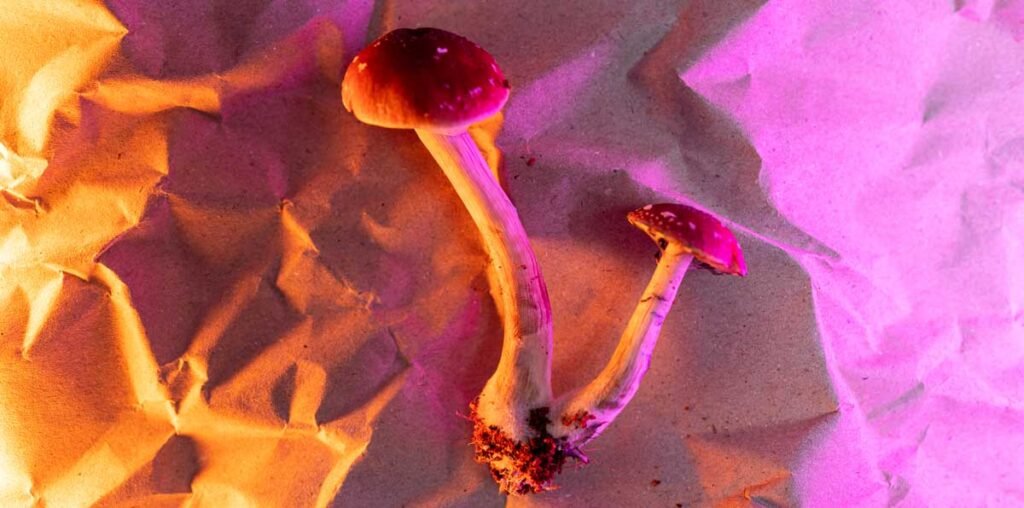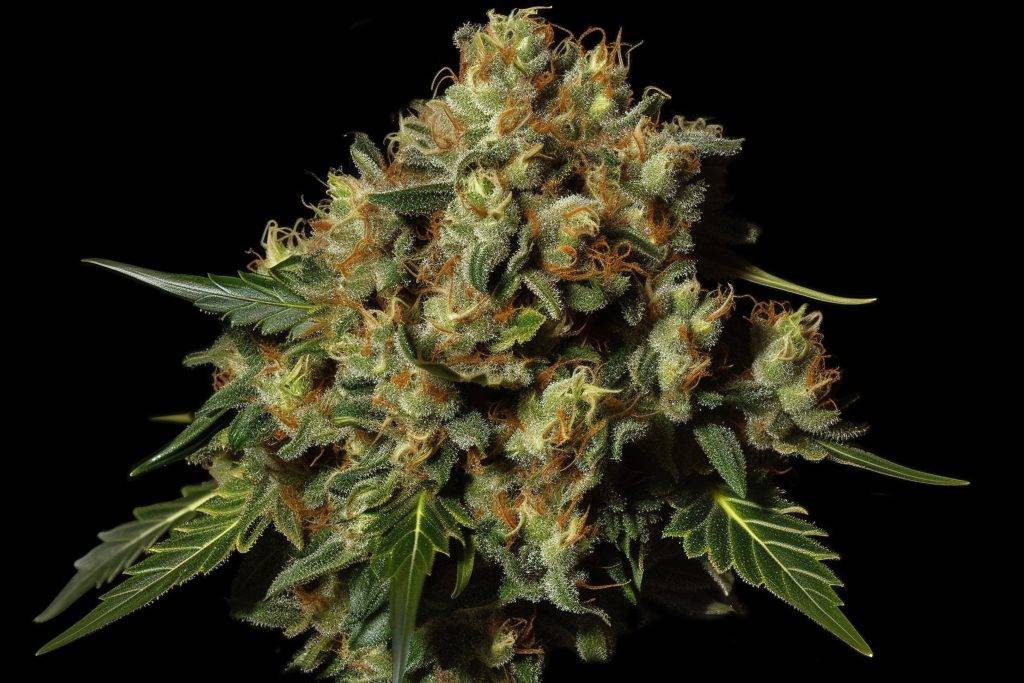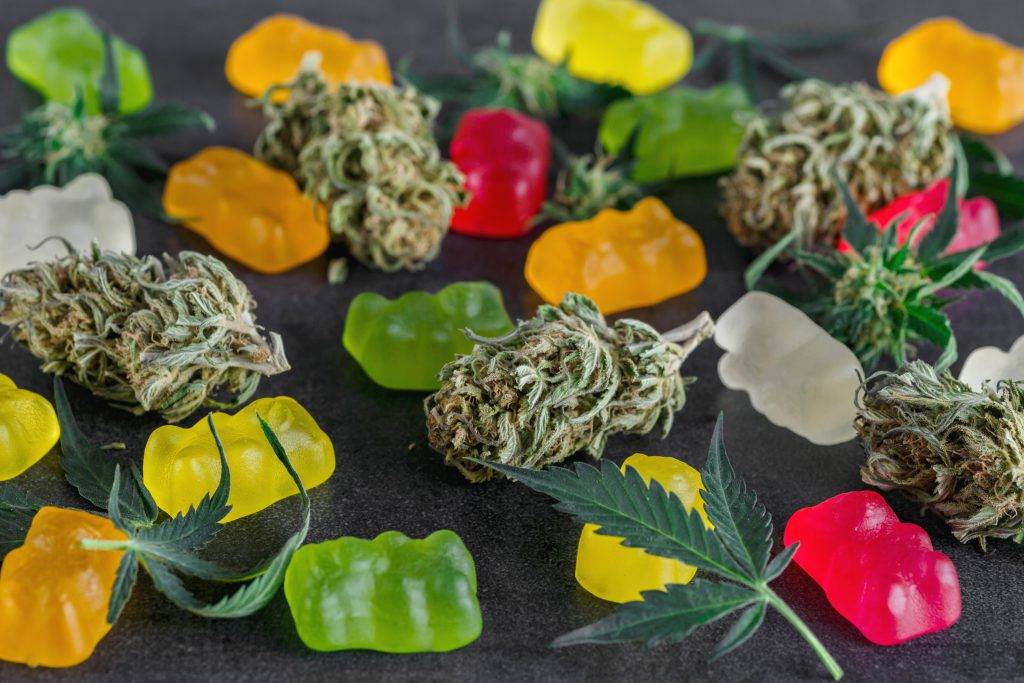What is H4CBD?
Cannabinoids are a group of chemical compounds that can be manipulated in a laboratory setting. Some experiments have resulted in substances like Spice and K2, which have been problematic, but other attempts have yielded cannabinoids with potentially enhanced benefits compared to their original forms.
Among the newer cannabinoids emerging in the market is H4CBD, which has gained attention as a slightly stronger variant of CBD that may have quasi-intoxicating effects. This guide aims to provide information on what H4CBD is, its potential advantages over CBD, and where it can be purchased.

Is H4CBD a real cannabinoid?
Indeed, H4CBD, also known as hexahydrocannabidiol or hydrogenated CBD, is a synthetic form of CBD that was developed in the mid-20th century. Initially used primarily for research purposes, a few H4CBD products have recently become available online as consumers discover the unique potential benefits of this cannabinoid.
The addition of hydrogen atoms to CBD molecules results in the creation of H4CBD. This method is similar to the commercial technique of hydrogenating vegetable oil to make margarine. While hydrogenation may cause worry in the food industry, there is no indication that it has a deleterious impact on concentrated extracts like H4CBD.
The discovery of H4CBD
The Todd group, a group of pioneering cannabis researchers notable for finding multiple cannabinoids and synthesising many more, found H4CBD in 1940. H4CBD was first synthesised by catalysing CBD with a metal alloy. Modern H4CBD products, on the other hand, often use safer production procedures.
Consequences of H4CBD
The majority of our understanding of H4CBD’s effects stems from a single study done in 2006 by a research team led by Shimon Ben-Shabat. According to the findings, H4CBD, like other cannabinoids, has anti-inflammatory properties. Notably, H4CBD was discovered to bind substantially with CB1 receptors in the brain, something CBD does not normally do. Ben-Shabat’s findings was included in a 2017 scientific review, but no further research on the pharmacology of H4CBD was mentioned.
More study is needed to provide a more comprehensive knowledge of the possible impacts of H4CBD. Anecdotal evidence, on the other hand, is beginning to emerge, largely corroborating the claimed effects of H4CBD as shown by studies. H4CBD appears to have benefits comparable to CBD but with a substantially greater level of psychoactivity, according to users.
H4CBD VS CBD
H4CBD is distinct from CBD in that it is a synthetic molecule. H4CBD can no longer be called a pure natural cannabis due to the process of hydrogenation, which includes changing the chemical structure to accommodate more hydrogen atoms.
The effects of CBD and H4CBD varied significantly as well. CBD is well-known for its non-intoxicating qualities, which allow consumers to get the advantages of cannabis without experiencing substantial psychoactivity. In terms of intoxication, H4CBD, on the other hand, walks a delicate line, leaning somewhat towards the non-intoxicating side, but only by a little margin.
H4CBD is unique from both THC and CBD. H4CBD, like the other THC alternatives now available, is a CBD-specific alternative. Because cannabinoids have molecular similarities, continued research was anticipated to provide a variety of choices with varied levels of psychoactivity, encompassing the full spectrum.
Is H4CBD the same as HHC?
No, despite their identical beginnings, H4CBD and HHC are separate substances. HHC is the hydrogenated form of THC, much as H4CBD is the hydrogenated form of CBD. HHC and H4CBD, on the other hand, have diverse effects due to the different cannabinoids from which they are produced.
Cannabinoid H4CBD FAQ
Find out more about H4CBD in this FAQ section:
- Is there a high produced by H4CBD?
Answering the question definitively is difficult. H4CBD does not appear to provide a normal “high,” but it also does not give the CBD’s completely non-intoxicating properties.
Consider the following analogy: If delta 8 is similar to delta 9 THC but with little reduced psychoactivity, H4CBD is comparable to a scenario in which CBD’s psychoactivity is slightly boosted. While there is still a significant difference between the effects of H4CBD and delta 8, both hover at a point where intoxication and non-intoxication intersect.
- Is it true that H4CBD is 100 times stronger than CBD?
Claims that H4CBD is 100 times more powerful than CBD are simplistic. H4CBD does not outperform CBD in terms of potency in the same manner that CBD does. Its efficacy is derived on its interaction with CB1 receptors, which CBD completely lacks.
Furthermore, the idea that H4CBD substantially activates CB1 receptors is based exclusively on a single study done over a decade ago that has not been followed up on with subsequent research. As a result, it is recommended to approach H4CBD claims with a fair dosage of scepticism.
- Is H4CBD the same as hydrogenated CBD?
H4CBD is a specific form of hydrogenated CBD, however it is not the only one. Another possibility is H2CBD, which varies in that it contains just two extra hydrogen atoms rather than four. Indeed, several hydrogenated versions of CBD have been created, each with its own chemical structure and effects.
- Congeneric cannabinoids are what they sound like.
The word “congeneric” is used in chemistry and biology to designate plants or compounds that come from comparable genera. Although not widely used in the context of cannabis, the term “congeneric cannabinoids” is sometimes used to refer to the other cannabinoids found in cannabis alongside prominent ones such as CBD or THC.
Powered by Held CBD




